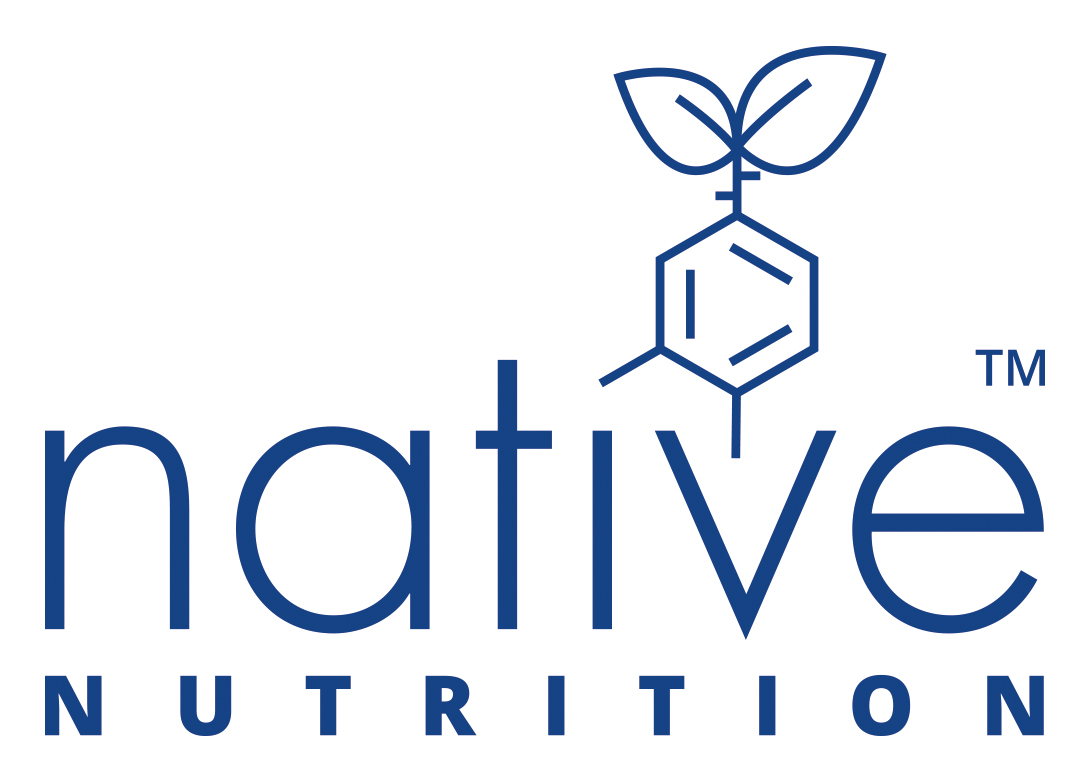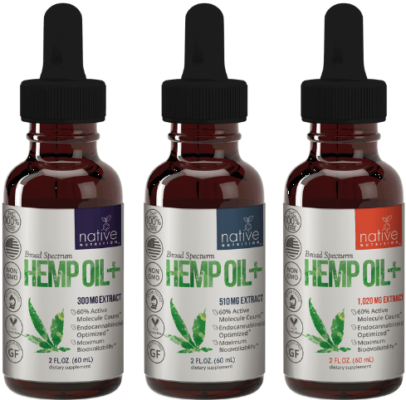CBD oil for Pain

While research into CBD is still in the early stages, some of the most promising studies have suggested CBD may be helpful in relieving pain, including the management of acute pain (such as headaches) and chronic pain conditions (such as fibromyalgia, rheumatoid arthritis, osteoarthritis, and multiple sclerosis).
Researchers believe CBD may assist with pain relief for several reasons.
For starters, cannabinoids including CBD have been shown to interact with different receptors in the body’s endocannabinoid system, which plays a role in many of the body’s functions—including functions in the central and peripheral nervous system, the endocrine system, and the immune system as well as functions related to pain (such as the release of endorphins, inflammatory responses, and neurological perceptions of pain).
Because the endocannabinoid system relates to so many different pain control systems in the body, it makes sense that modifying this system might also modify the experience of pain. And that’s exactly what CBD is thought to do. For example, CBD may reduce inflammation, which lessens pain intensity. It may also influence the brain’s neurotransmitters in ways that reduce the perception of pain intensity.
While researchers are still working to understand all of the ways in which CBD may relate to pain and pain management, the science is promising enough that in 2017, the U.S. National Academies Health and Medicine Division declared that there is substantial evidence to suggest cannabis is effective for treating chronic pain.
In addition to supporting pain relief directly, CBD may also improve quality of life for pain patients by helping to reduce anxiety, combat insomnia, and improve mood.
What’s more, CBD may provide all of these benefits with little to no side effects—unlike over-the-counter and prescription painkillers, which come with significant risks
How to use CBD oil for pain
If you’re interested in using CBD for pain relief, then it’s important to keep a few tips in mind:
- Check in with your doctor. If you’re taking other medications or hoping to use CBD to manage a particular condition, it’s a good idea to get your doctor’s input. Not all doctors will be open to discussing CBD, but they should be able to tell you whether any of the medications you’re taking might interact with the supplement.
- Be picky about products. Like all supplements, CBD oils are unregulated—which means it’s up to consumers to make sure they’re purchasing from a brand that prioritizes quality control. Make sure you can identify and trace the products on the label; look for brands that utilize third-party quality control measures; and opt for products that use organic growing methods.
- Start with a low dose. People respond to varying doses of CBD in different ways, which means it may take some trial and error to discover your sweet spot. A good rule of thumb is to start with a small dose and then gradually work your way up until you’ve found the optimal dose for your needs.
CBD vs Pain killers
While CBD is by no means a cure-all for all the possible aches and pain that could overcome a human body, so far it seems to offer pain relief without many of the potentially dangerous side effects of conventional over-the-counter (OTC) and prescription painkillers.
Here are some of the concerns associated with over-the-counter pain medicines including acetaminophen (Tylenol) and NSAIDs such as ibuprofen (Advil or generic) or naproxen (Aleve and generic):
Acetaminophen can cause liver failure. According to Consumer Reports, acetaminophen is the most common cause of liver failure in the U.S. This and other acetaminophen-induced complications send nearly 80,000 people to the emergency room each year. It’s really easy to overdose on acetaminophen. Even people who aren’t intentionally abusing acetaminophen may find themselves on the wrong side of an overdose. Per Consumer Reports, acetaminophen is the most common drug in the U.S. and can be found in over 600 medications. This means people can wind up taking more acetaminophen than they realize in the form of multiple meds, which can lead to severe complications.
- Acetaminophen can be fatal. When taken in large doses, acetaminophen may be fatal. Consumer Reports also found that taking smaller doses on a regular basis may lead to brain, kidney, and/or liver issues.
Ibuprofen and Naproxen can cause stomach bleeding or damage. The same Consumer Reports expose cited above found that taking these medications on a regular basis can pose serious risks to a person’s stomach. - NSAIDs may raise the risk of heart attack. A study published in The BMJ found that people who use NSAIDs to address pain and inflammation may increase their risk of heart attack in as little as one week of use and certainly within the first month.
- NSAIDs may cause kidney damage. This risk is especially high for people who are over 60 years old, taking a diuretic, and/or have heart disease, high blood pressure, or a pre-existing kidney issue.
- NSAIDs may increase the risk of stroke. Research has suggested that regular, long-time use of NSAIDs may lead to a significantly higher risk of stroke.
Meanwhile, here are just some of the major concerns associated with opioid pain relievers, which include codeine, hydrocodone, morphine, and oxycodone:
- Opioid pain relievers can produce nasty side effects. Opioids may cause constipation, nausea, drowsiness, lethargy, and cognitive impairment—especially at larger doses. Opioids may also interfere with immune system function and sex drive.
- Opioid pain relievers can prove fatal in excess amounts. According to the National Safety Council (NSC), 60 people per day—or 22,630 people per year—die from opioid overdose. Prescription drug overdoses in general are on the rise across the country. Additional research suggests that for every death resulting from opioid overdose, over 30 people are admitted to the ER because of complications resulting from opioid use.
- Opioid pain relievers come with an extremely high risk of addiction. Per the NSC, 80% of new heroin users began as opioid addicts, who may move on to heroin for different reasons, such as it being easier to obtain than prescription painkillers. Addiction to prescription painkillers or heroin can lead to serious physical and mental health complications and increases the risk of overdose, which (as noted above) can be fatal. Ending an opioid addiction often involves a challenging withdrawal period marked by anxiety, muscle tension, restlessness, and tightness in the chest.
- Opioids may not be helpful for chronic pain. Even though opioids are commonly prescribed for the management of long-term pain, research suggests opioids may not actually be effective for this purpose. What’s more, the risks associated with opioid use escalate the longer a person takes them.
The Dangers and Limitations of OTC and Prescription Painkillers
Non-addictive pain relief with CBD
In contrast to more conventional painkillers, CBD oil is generally considered safe and non-addictive. It’s also non-fatal even when consumed in large doses.
Additionally, it’s possible CBD may interact with other medications—particularly antidepressants, blood thinners, and cholesterol-lowering statins—in much the same way as grapefruit, by intensifying the other medication’s effects. The potential for interaction seems to be larger when CBD is consumed in large doses.
Other research into the potential side effects of CBD is inconclusive. One study (which was conducted on mice) suggested it’s possible CBD might be harmful to the liver when consumed in high doses, but research in this area is mixed.
In general, studies suggest CBD may provide pain relief without the harmful side effects that are common to over-the-counter and prescription painkillers. For instance, CBD is unlikely to damage the stomach.
And according to the World Health Organization, CBD doesn’t seem to have any risk of abuse or dependence. The organization has declared “there is no evidence of public health related problems associated with the use of pure CBD”.
CBD for Pain Summary
Research into CBD’s benefits is still ongoing, but so far many credible studies suggest CBD might be useful in the management of both short-term and chronic pain.
What’s more, CBD and CBG may offer pain relief without the dangerous side effects that are common among over-the-counter and prescription painkillers.
If you want to give CBD oil drops a try, make sure you source from reputable brands with strict quality control measures.
At Native Nutrition, our THC-free, broad-spectrum CBD oil is made with U.S.-grown hemp, and every batch is processed in an FDA-certified, GMP-compliant facility. We don’t use any cheap fillers, synthetics, or low-grade ingredients, and we do use a proprietary blend of carrier oils to maximize absorption. Finally, all of our batches are third-party tested for potency and 100% THC-Free to ensure you get the CBD you pay for.
As always, our goal is to provide the highest quality products to assist you in caring for your body in healthy, safe, and sustainable ways.


